What If Western Saharans Mattered?
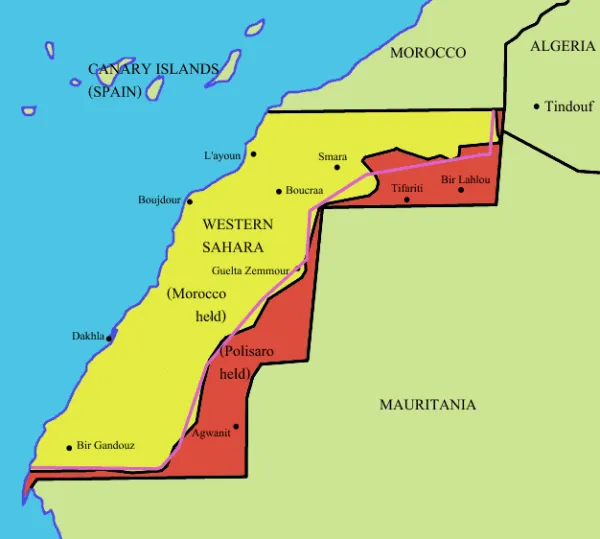
If I object, in the United States, to the Israeli government’s brutal occupation of Palestine, most people will not only know what I’m talking about but also understand immediately what a hateful antisemite I must be.
If, on the other hand, I object, in the United States, to Morocco’s brutal occupation of Western Sahara, most people will have no idea what I’m talking about. Isn’t that actually worse?
Remarkably, the Moroccan government is armed, trained, and supported by the U.S. government, and escalated its brutality in response to a tweet by then-President Donald Trump, never corrected by Joe Biden.
Yet the presence of unarmed U.S. civilian protectors in Morocco prevent rapes and assaults and all sorts of violence simply by virtue of their being from the U.S. Even in the midst of atrocities committed with U.S. weapons, it is U.S. lives that matter.
Meanwhile, virtually nobody in the United States has any idea what’s going on.
Marcos Dynasty Elected President in the Philippines
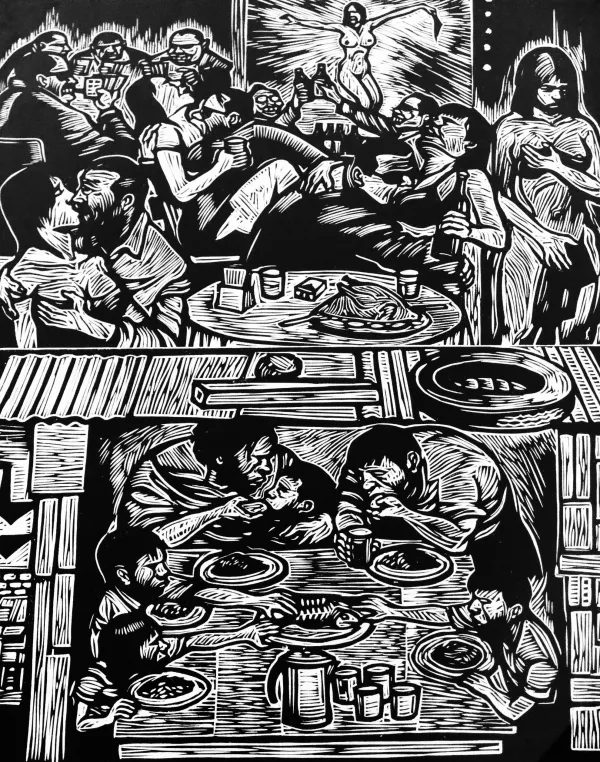
BANGKOK, Thailand -- In a stunning victory, Ferdinand "Bongbong" Marcos Jr. won the Philippines' presidential election, bringing him to the frontlines of U.S.-China confrontations in the South China Sea amid denials that he is Beijing's puppet "Manchurian candidate".
Mr. Marcos Jr.'s election advantage was that he is the son of his "idol," the somewhat popular, late U.S.-backed dictatorial president Ferdinand Marcos Sr. and his flamboyant wife Imelda who is now 92.
"When I miss the precious presence of [husband] Ferdinand, I call, 'Bongbong' and ask him to come," Imelda Marcos told me in a 1991 interview when she and her children were permitted to return to the Philippines from exile, two years after her husband died in Hawaii.
"He sounds like his father. I listen to Bongbong, it's eerie. Like Ferdinand was there. Even in his mannerisms. His voice. His movements. His hand movements. When he walks.
"I feel surely Ferdinand the First was born again in Ferdinand the Second."
More than 18,000 positions were decided in the polls including senators, city councilors and others.
The Limits of Israeli Intelligence: Does Israel Have a Yahya Sinwar Problem?
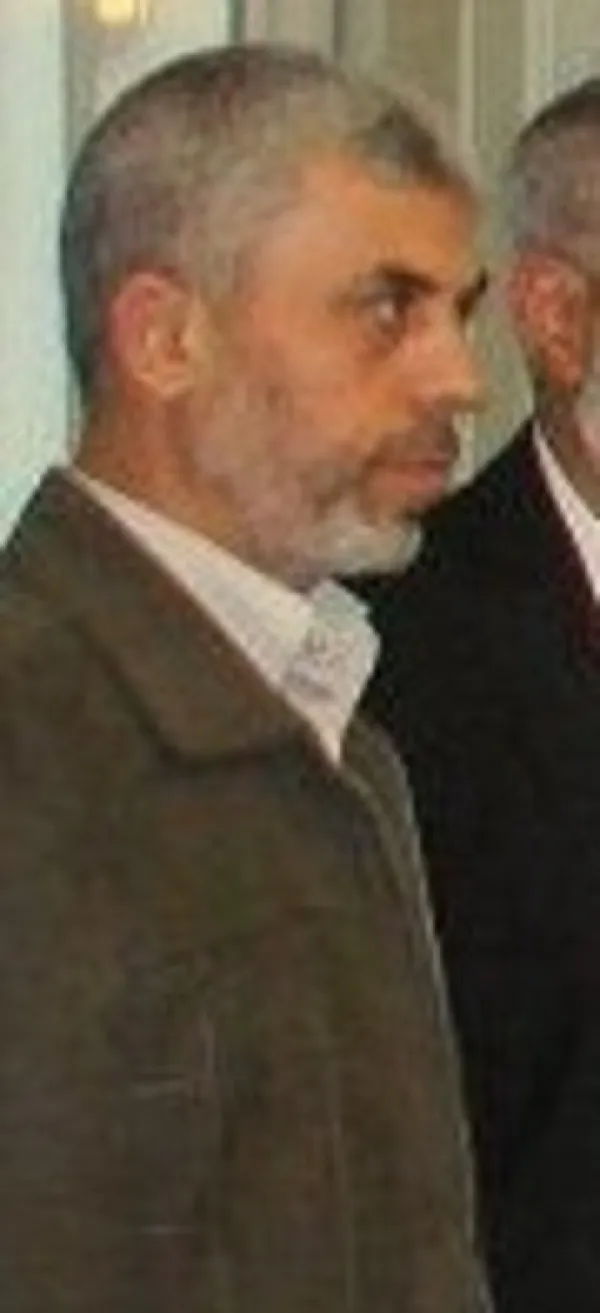
HAWAIIAN SOUL: LOS ANGELES ASIAN PACIFIC FILM FESTIVAL REVIEW
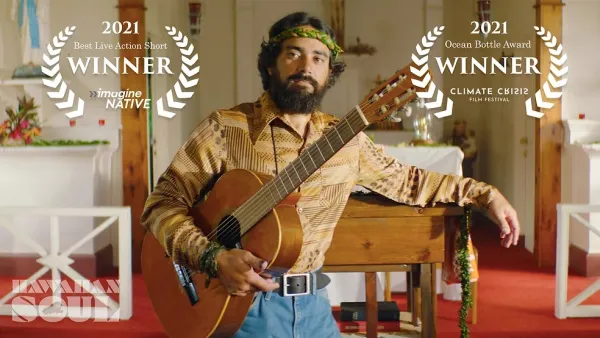
Hawaiian Soul was screened on the opening day of the 38th annual Los Angeles Asian Pacific Film Festival, which provides a launching pad for Indigenous Pacific Islander productions in Hollywood. Shorts, documentaries, animation and features by and about the Native peoples of Polynesia, Melanesia and Micronesia, as well as by Asian and Asian-American filmmakers, are being screened at various venues in the world’s movie capital by this filmfest that spotlights South Seas Cinema, taking place May 5-13.
Since 1983 Visual Communications, a nonprofit organization, has presented LAAPFF, dedicated “to develop and support the voices of Asian American and Pacific Islander filmmakers and media artists who empower communities and challenge perspectives.” The L.A. presentation of the outstanding Hawaiian Soul is a perfect onscreen expression of this mission statement by LAAPFF, which provides a perch for works by and about Oceanic talents and topics in Los Angeles. The below is the first in a series of reviews of selections from this year’s Pacific Islander works at LAAPFF.
HAWAIIAN SOUL: ACTIVIST/MUSICIAN GEORGE HELM AND HELMER ʻĀINA PAIKAI
INDIGENOUS NOW/PACIFIC CINEWAVES: LOS ANGELES ASIAN PACIFIC FILM FESTIVAL CAPSULE REVIEWS

Since 1898, when a Thomas Edison camera crew on location in Honolulu shot the first footage ever filmed in the Pacific Islands, the South Seas Cinema movie genre has been dominated by Haole (Caucasians) male filmmakers lensing productions primarily for the consumption of Haole audiences in order to make money. These motion pictures include Mutiny on the Bounty and The Hurricane, written and directed by, and usually starring, Haoles. This phenomenon – call it “Haole-wood” – is examined in books such as Hawaiian film historian Matt Locey’s White Lens on Brown Skin, dropping this summer (see: https://mcfarlandbooks.com/product/white-lens-on-brown-skin/).
If Televisions Cared About This Planet
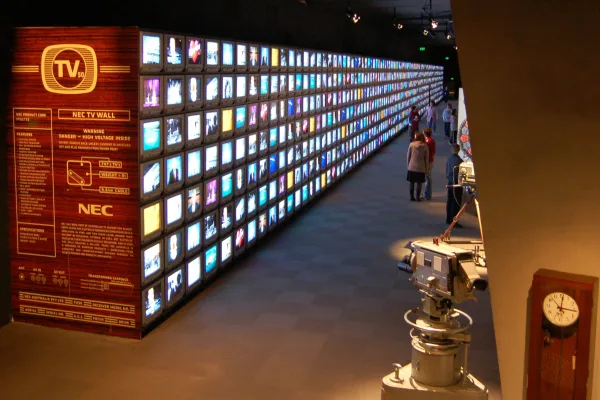
When we doubt that swift and dramatic change is possible, what we really mean is that we haven’t seen much swift and dramatic change for the better lately. There’s actually no disputing that massive and almost instant change is perfectly possible. For example, in a matter of days, the unified voices of virtually every television network, newspaper, news website, and entertainment outlet in the United States took millions of people without a thought about foreign policy in their heads or any idea even where on the Earth Ukraine is located, and gave them all passionate opinions about Ukraine right at the very top of their awareness — the first thing they would mention, bumping the weather down to second place in the rankings as a topic for random conversations. You may think that was a very good thing — in fact, I can almost guarantee that you do. That’s sort of the point. But you can’t deny that it was fast or significant.
THE IMAGE MACHINE OF ALFREDO C.: Film Review
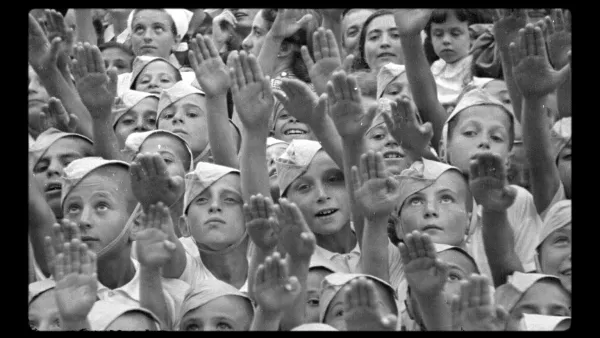
V.I. Lenin proclaimed: “For us, the cinema is the most important of the arts.” The leader of the Russian Revolution said this around 1922, the year Benito Mussolini’s blackshirts rose to power in Italy, and later decreed: “Film work facilitates fascist penetration.” Both extremes of Left and right recognized the central role motion pictures could play in propaganda, in reaching the masses with their messages and agitating them to take action. Albanian director Roland Sejko’s The Image Machine of Alfredo C. is about an Italian cameraman who shot newsreel-type footage for Il Duce’s fascists and then for the Communists in Albania.
Shocking Conflicts of Interest at the FDA
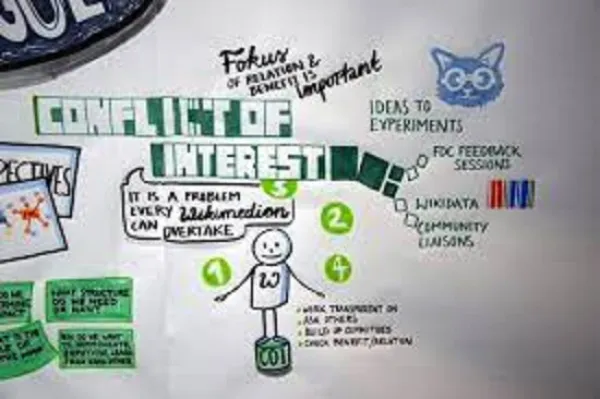
Thanks to the COVID-19 pandemic and the war in Ukraine, Senate approval of President Biden’s FDA Commissioner nominee Robert Califf, MD, was barely covered by news media.
But everyone who cares about conflicts of interest at the FDA will find the choice disheartening.
According to disclosures in a November 20, 2013 Journal of the American Medical Association (JAMA) opinion piece that Califf cowrote:
By Redefining UNRWA, Washington Destroys the Foundation for a Just Peace in Palestine
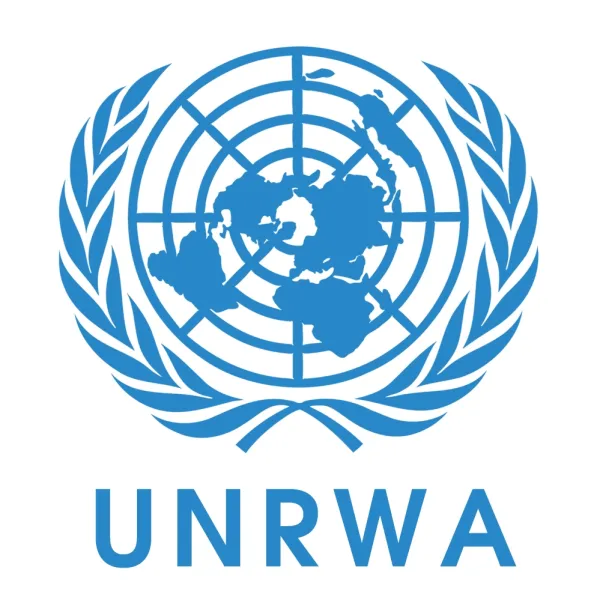
Palestinians are justifiably worried that the mandate granted to the United Nations Agency for Palestinian refugees, UNRWA, might be coming to an end. UNRWA’s mission, which has been in effect since 1949, has done more than provide urgent aid and support to millions of refugees. It was also a political platform that protected and preserved the rights of several generations of Palestinians.
Though UNRWA was not established as a political or legal platform per se, the context of its mandate was largely political, since Palestinians became refugees as a result of military and political events - the ethnic cleansing of the Palestinian people by Israel and the latter’s refusal to respect the Right of Return for Palestinians as enshrined in UN resolution 194 (III) of December 11, 1948.
A Promise to Our Kids: We won't kill you.

At a certain point, as I was reading the book I’d recently been sent, a strange transformation began occurring: Gradually, as I moved ever deeper into it, I wasn’t so much reading as quietly singing a hymn . . . participating in a chant.
The book is A Promise to OurChildren: A Field Guide to Peace, by Charles P. Busch, an online version of which was sent to me by Adam Vogal, president of the Oregon Peace Institute.
